Cognitive Development Normal Grammar Worksheets for Ages 3-8
4 filtered results
-
From - To
Discover our engaging Cognitive Development Normal Grammar Worksheets designed for children aged 3-8. These resources foster essential writing skills while enhancing cognitive growth through interactive activities. Tailored to align with developmental milestones, our worksheets promote vocabulary expansion, sentence structure understanding, and critical thinking. Each worksheet is crafted to encourage creativity and boost confidence in young learners as they navigate grammar concepts through fun and stimulating exercises. Ideal for parents, teachers, and homeschoolers, these printable resources support a comprehensive learning experience that cultivates a strong foundation in language arts. Explore our assortment and empower children to flourish in their linguistic journey!
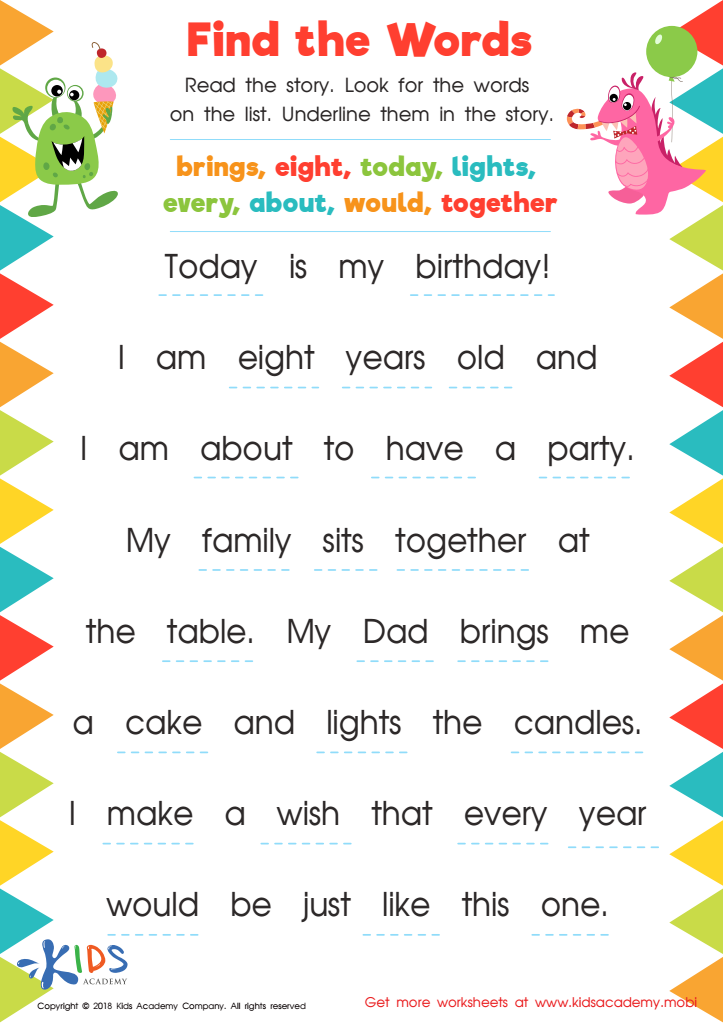

Find The Words Printable Worksheet
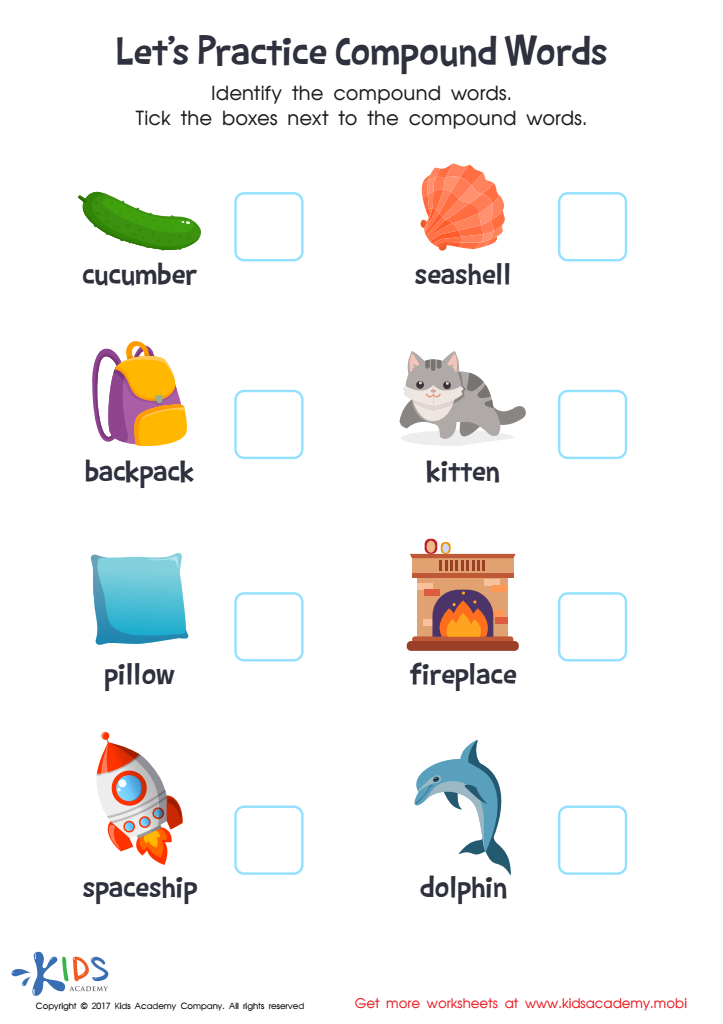

Let's Practice Compound Words Word Structure Worksheet
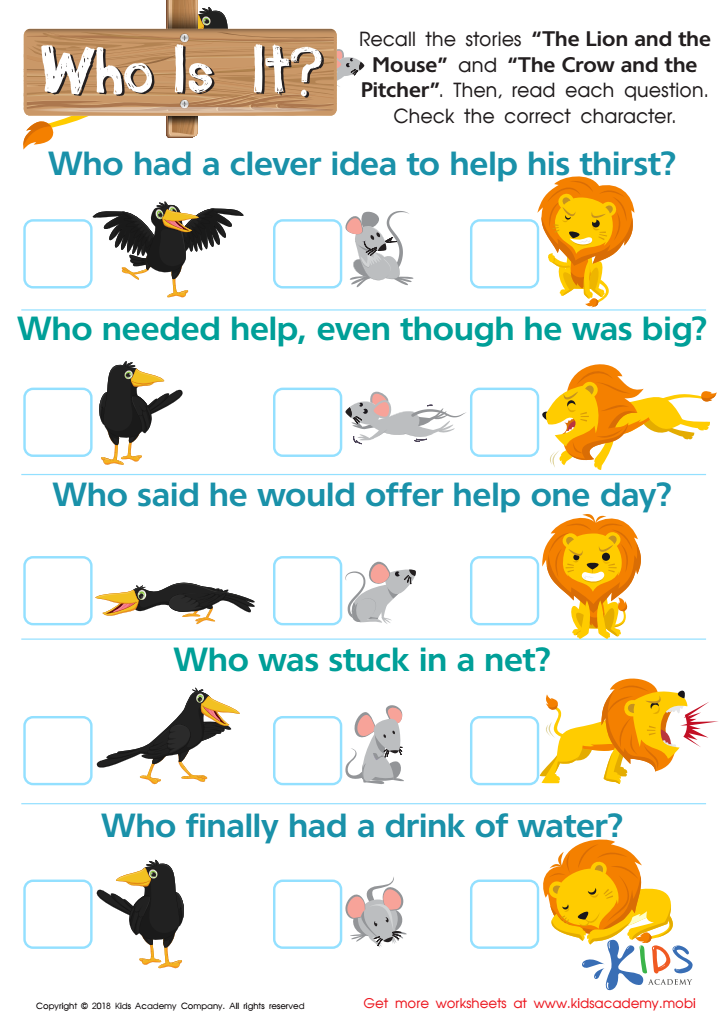

Who Is It? Worksheet
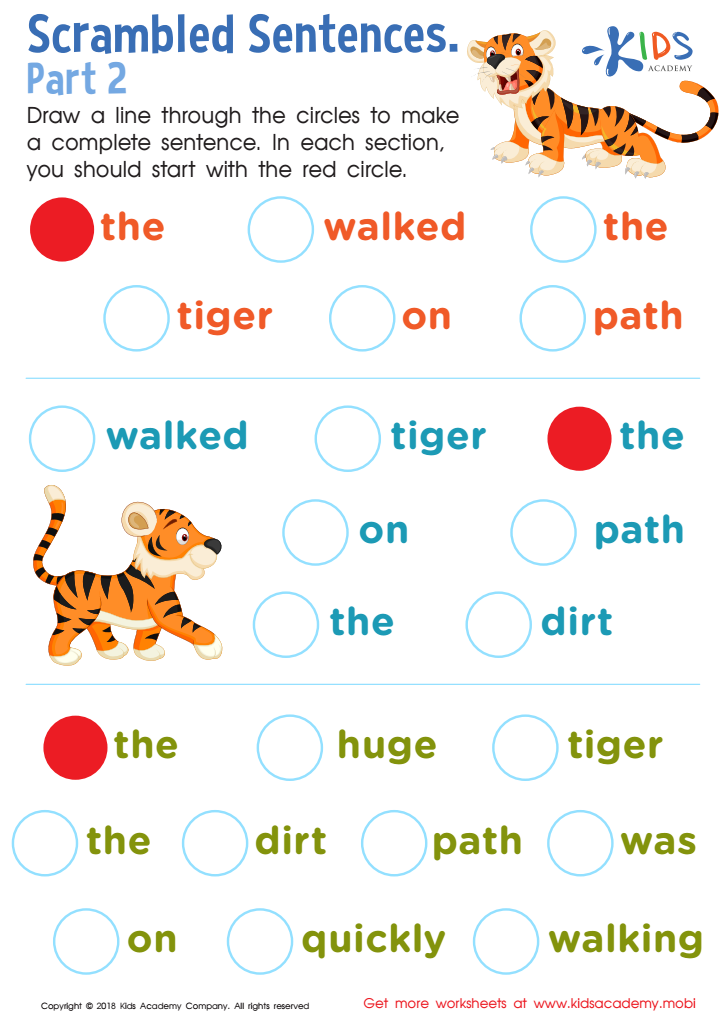

Scrambled Sentences Part 2 Worksheet
Cognitive development in children aged 3 to 8 is crucial as it lays the foundation for lifelong learning and critical thinking skills. During these formative years, children develop their ability to think, learn, reason, and understand their environment. This is when their cognitive skills begin to blossom through experiences, interactions, and education, making it essential for parents and teachers to pay attention to this stage.
Understanding cognitive development helps adults recognize and support each child's individual learning pace and style. Recognizing typical milestones enables parents and teachers to identify areas where a child may be excelling or struggling. By focusing on cognitive development, adults can facilitate enriching experiences that promote curiosity, problem-solving, and creative thinking. Engaging children in age-appropriate activities—like puzzles, storytelling, and open-ended questions—encourages exploration and boosts brain development.
Additionally, strong cognitive skills are linked to academic success as children progress through school. By fostering these skills early on, parents and teachers can create a strong framework that supports emotional and social development, encouraging well-rounded individuals. Ultimately, when parents and teachers care about cognitive development, they empower children to reach their full potential, both in and out of the classroom.
 Assign to My Students
Assign to My Students
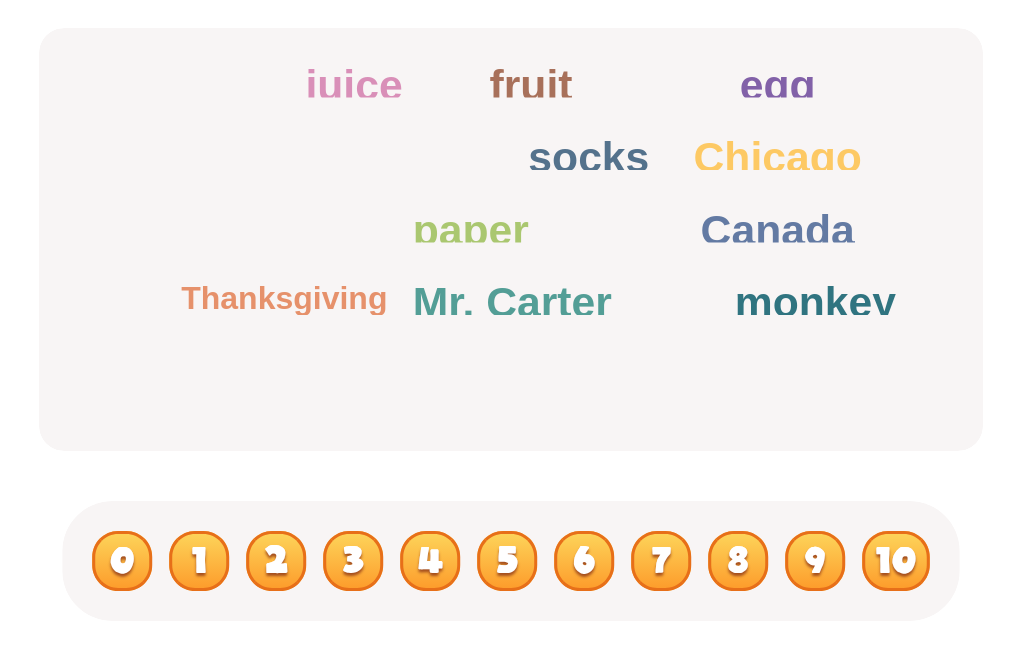
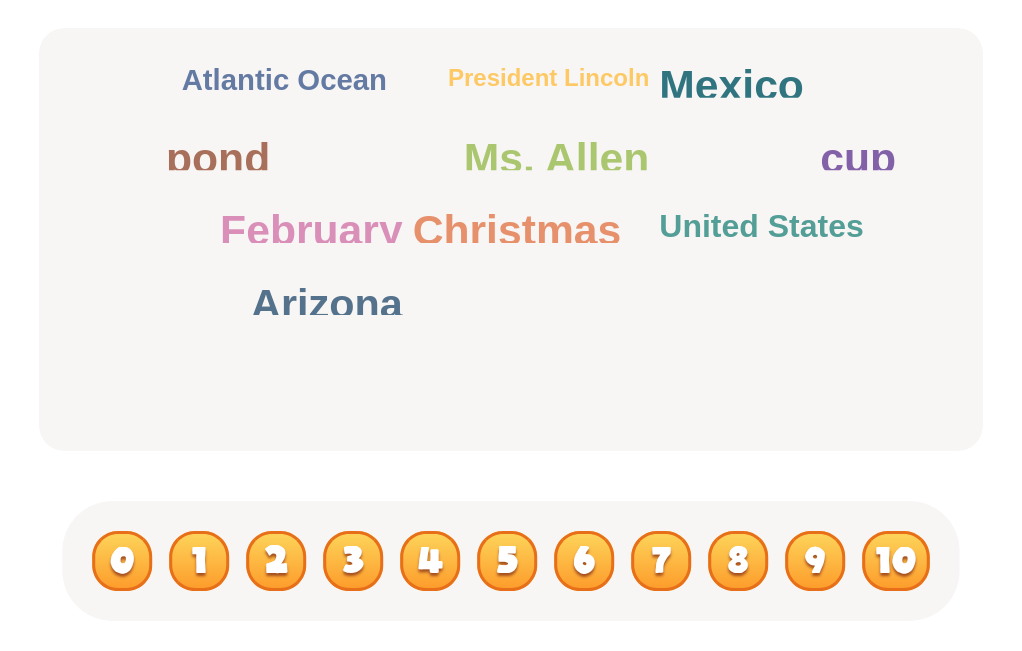
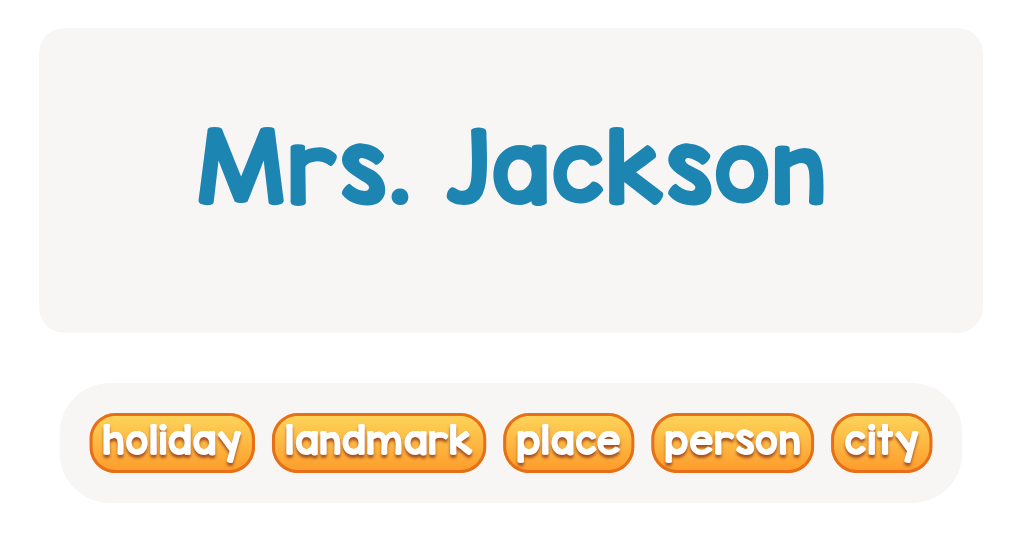
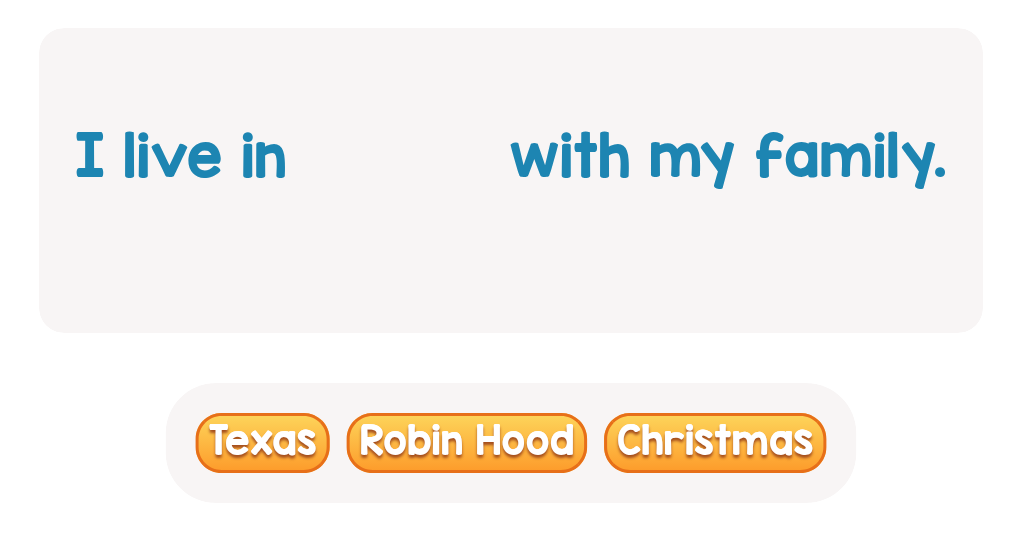

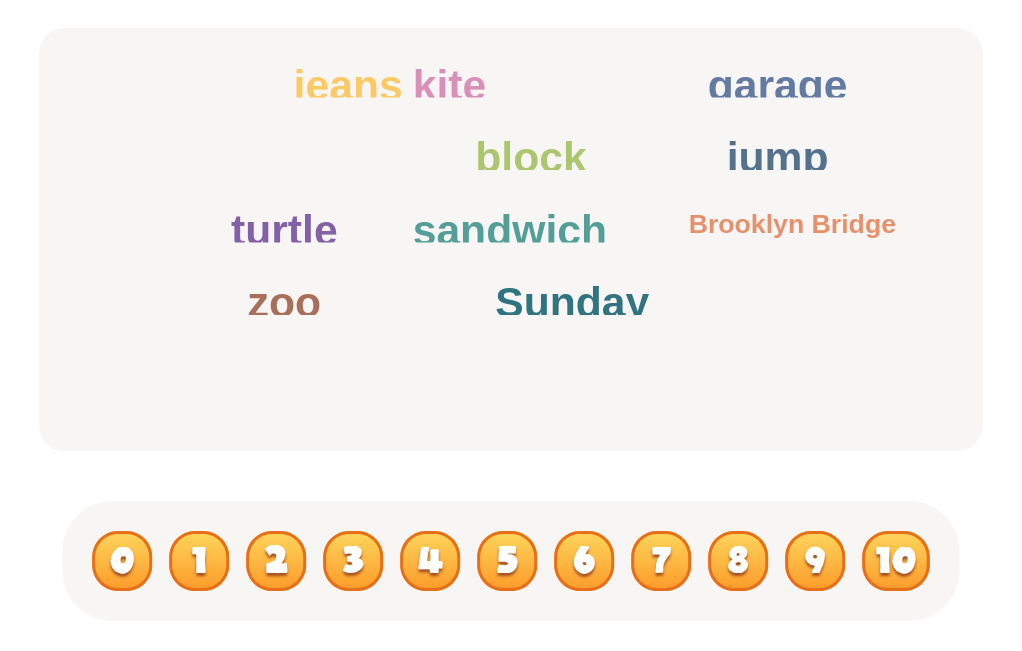
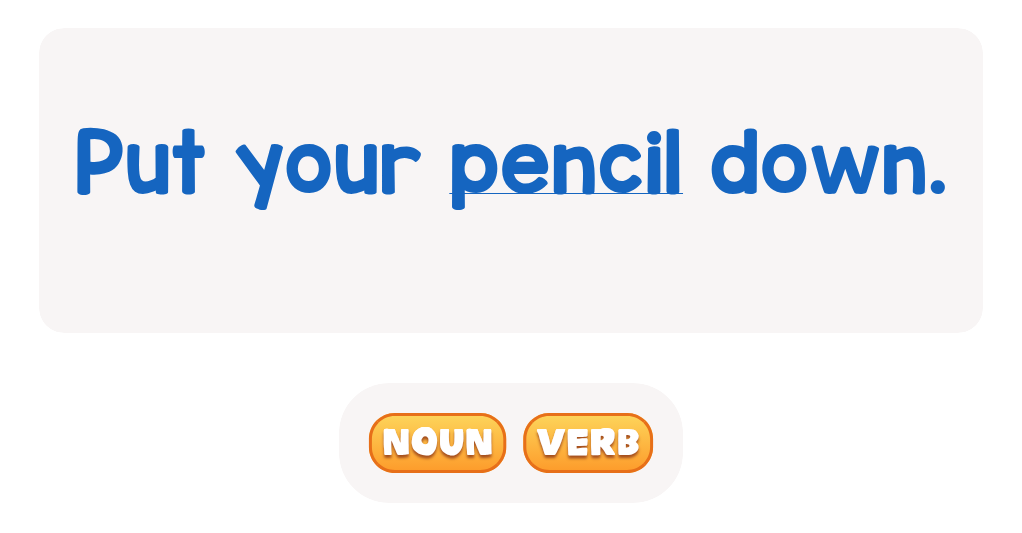
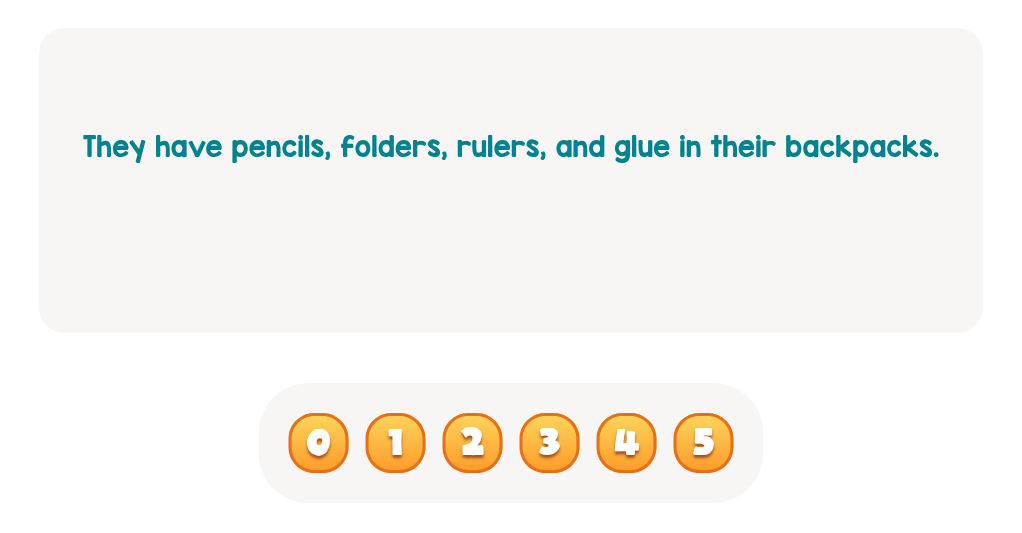
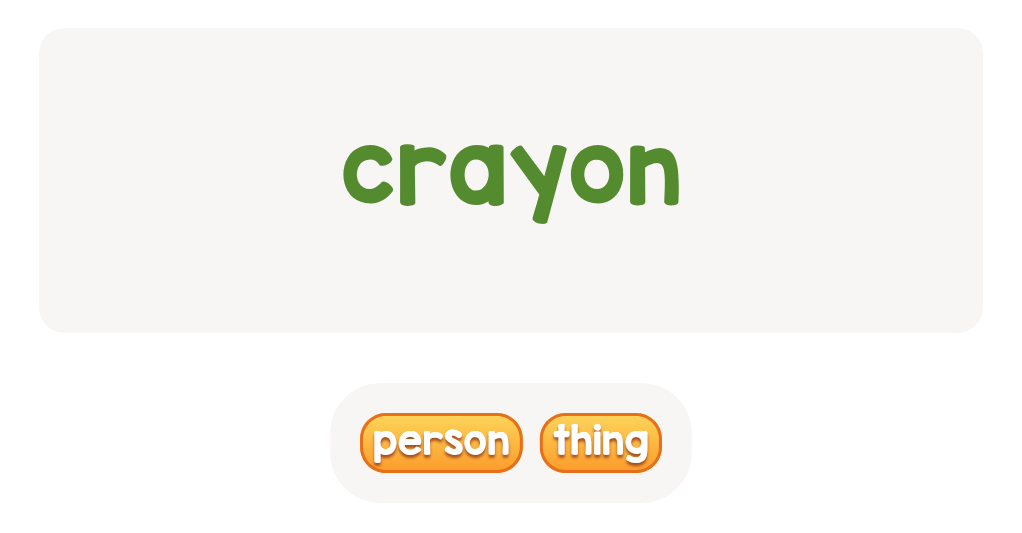
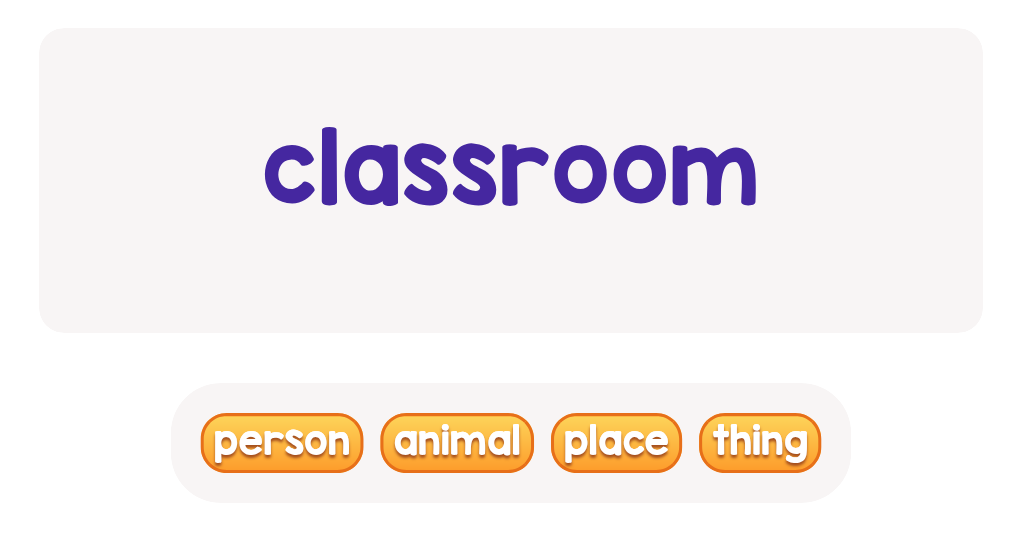




.jpg)












